This is why we have decided to provide a modest platform for new products and developments of this kind in this issue. We have done this in the obvious knowledge that we cannot even begin to cover the vast subject of sustainability in any depth in this framework.
Many aspects of sustainability have now become self-evident for manufacturers. "We don't even mention that our plant pots are made of 80 per cent recycled material in our communications any more, because this is expected," is a pretty typical statement.
Their attitude to plastic remains a subject of importance for producers, however. Fiskars, for example, has just recently announced that the plastic packaging on its garden shears is to be reduced by 80 per cent.
The Finnish manufacturer has shown that there is more to it than that with a special edition of its Classic household scissors. They are fabricated entirely from recycled material, with handles made from recycled plastic and wood fibres, while the blades consist of recycled stainless steel.
In the meantime, Kingfisher has driven the technology forward. The Screwfix distribution channel already operates twelve net-zero energy stores that generate more energy than they consume, thanks to a solar PV installation, energy-efficient design, an air source heat pump and LED lighting.
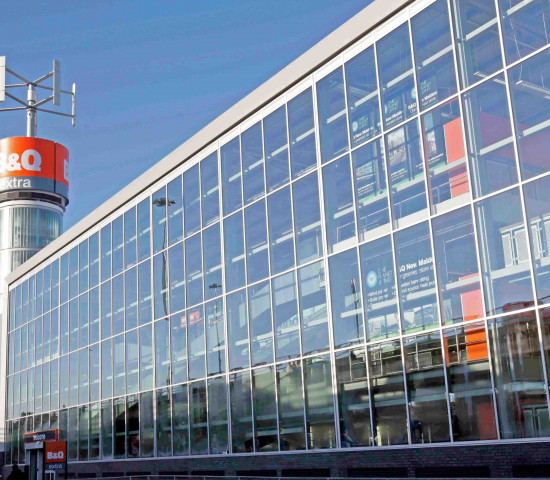

 Menü
Menü




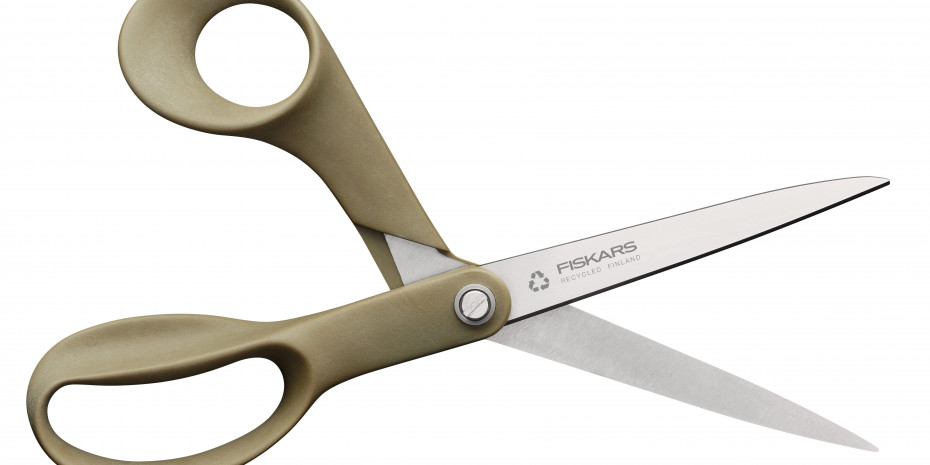


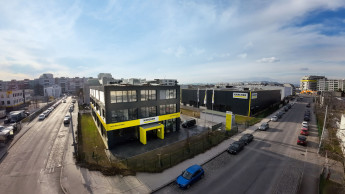
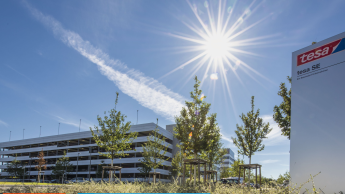
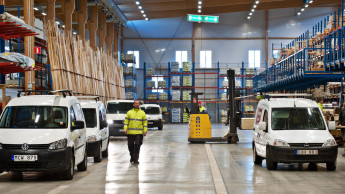





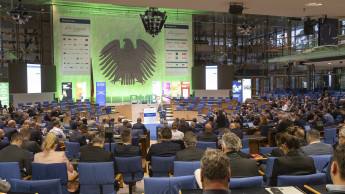
 Newsletter
Newsletter